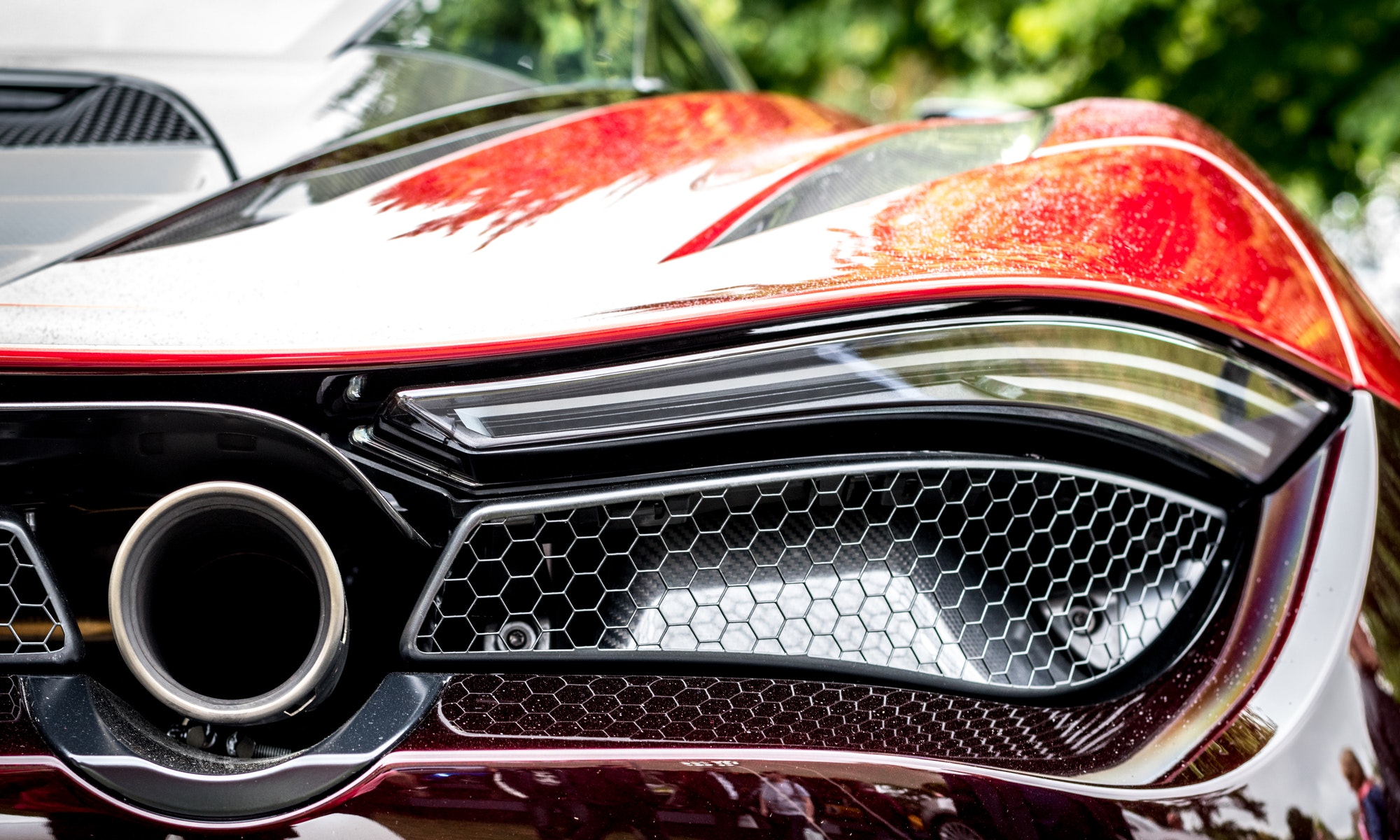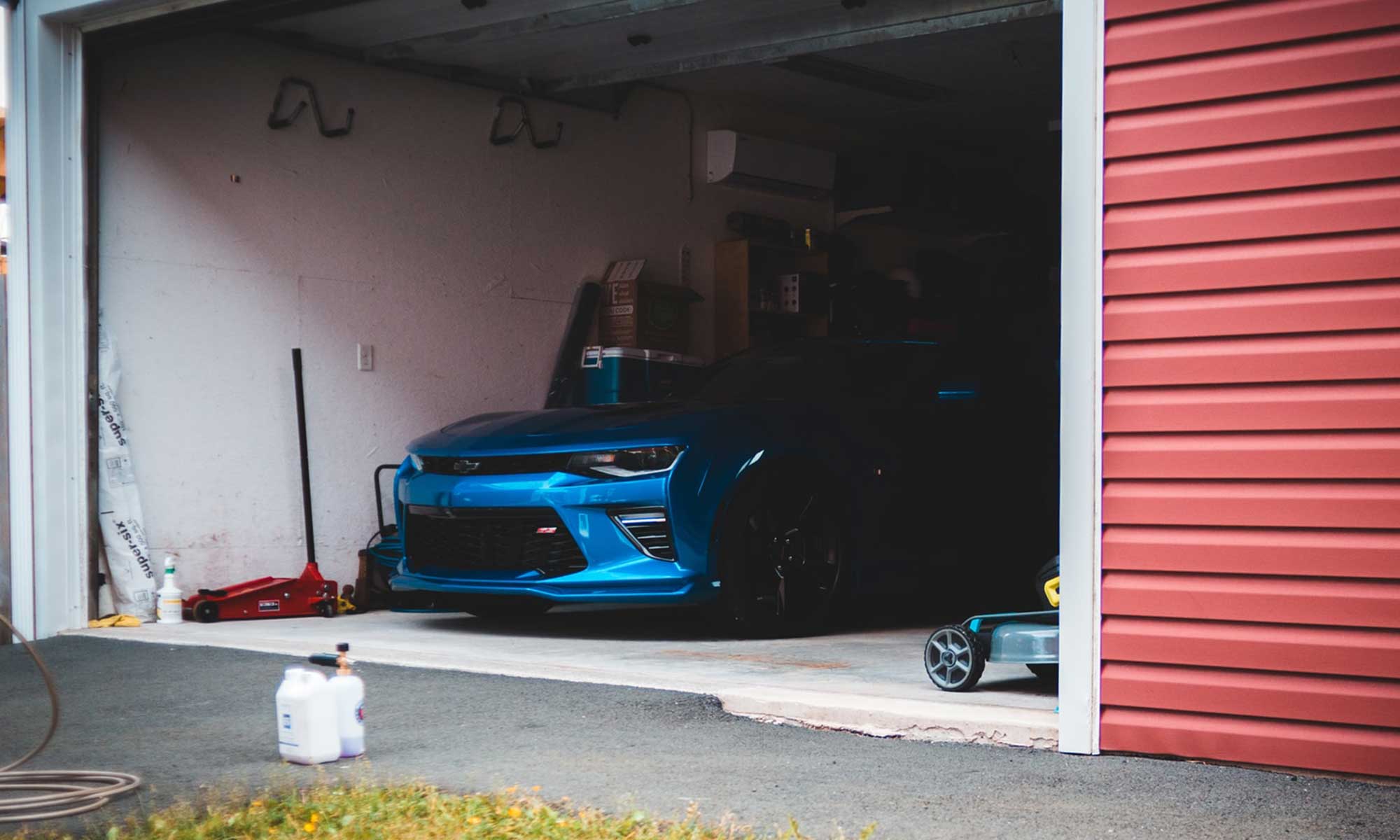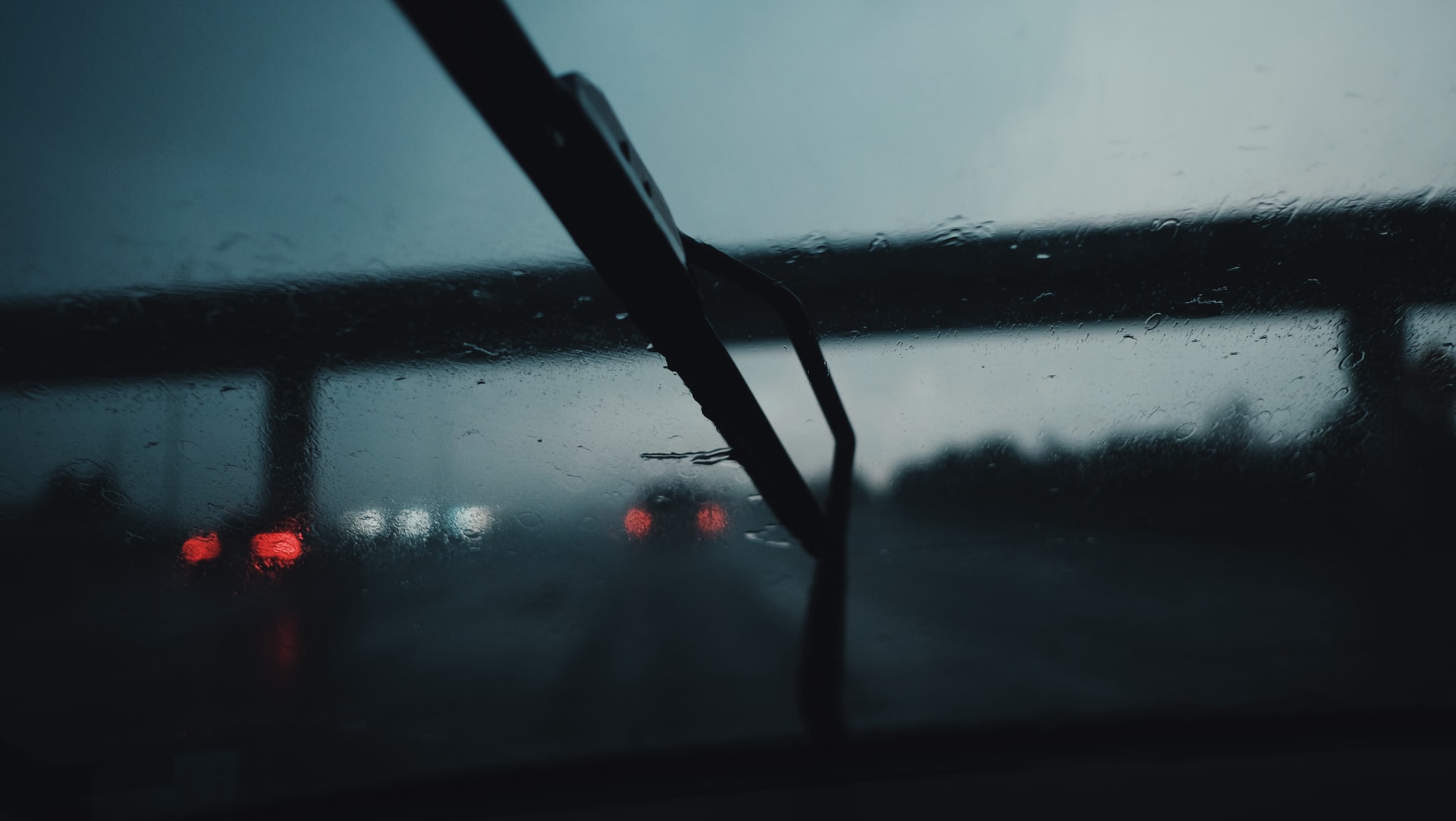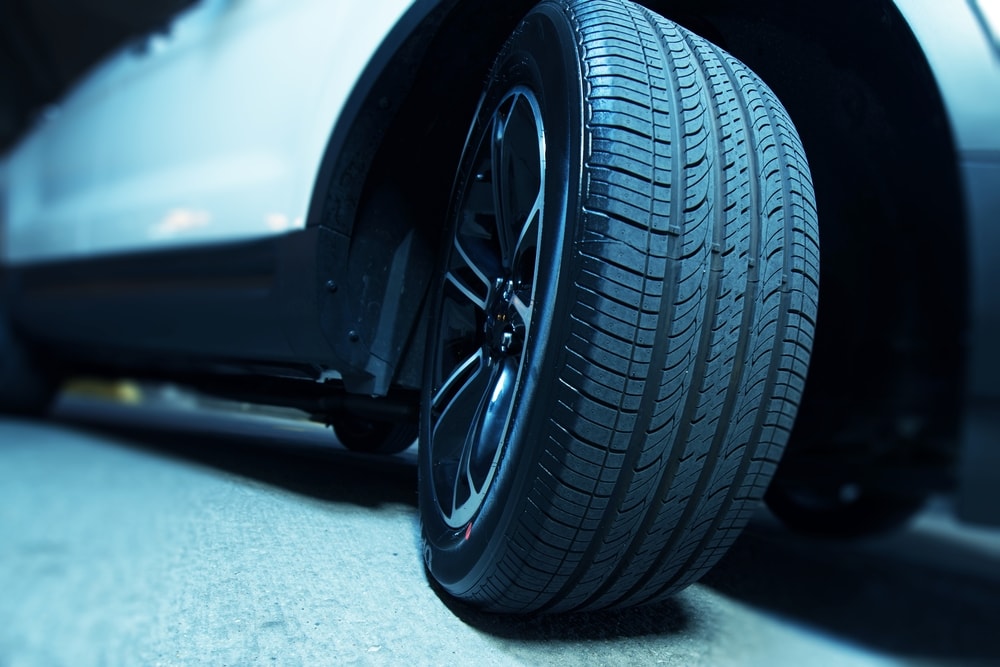
Every car calls for a different number for pounds of pressure in the tires. Depending on where you live the temperatures can fluctuate. That makes it harder to measure and maintain “proper” tire pressure. This brings us to the following question: What is the safe high and low limit for tire pressure? The answer may be surprising for some, but regardless of if you think you may have too much or too little tire pressure, it is always best to get it checked as soon as possible.
High Pressure is Better (Within Reason)
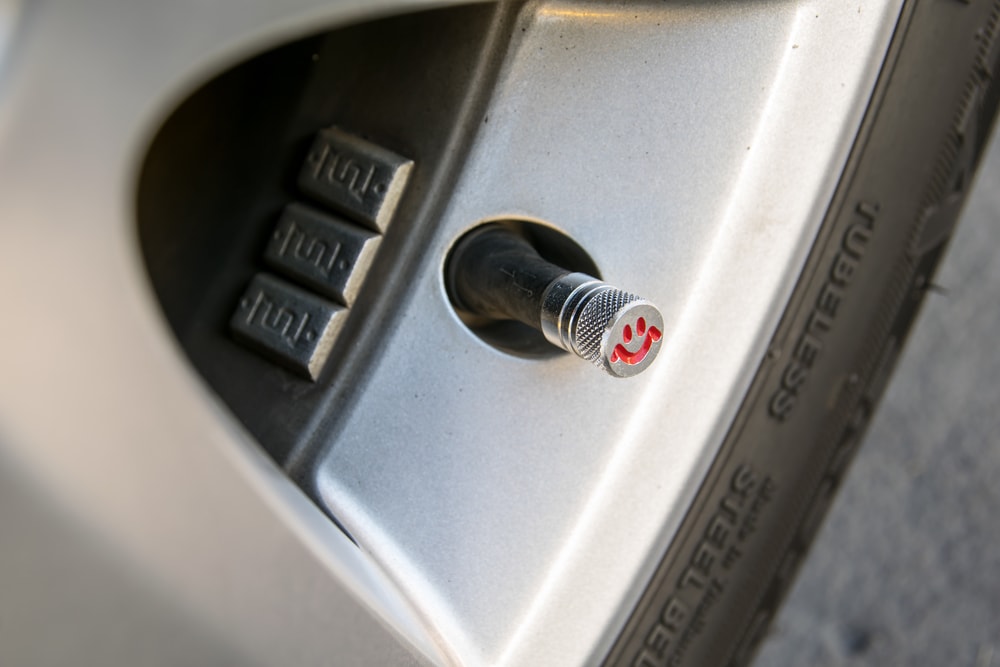
Tire pressure changes as the temperature changes. Think of it this way: every time it goes up or down 10 degrees, your tire pressure changes in kind by about 1-2 psi. For example, if you filled your tire to about 32 psi in 70 degree weather, if it drops to 40 at night your tires go down to about 28 psi. That may in fact be too low for your car (see manual). Modern tire pressure monitors actually give you a warning light if your tire pressure dips 10 percent.
Low Tire Pressure is Dangerous
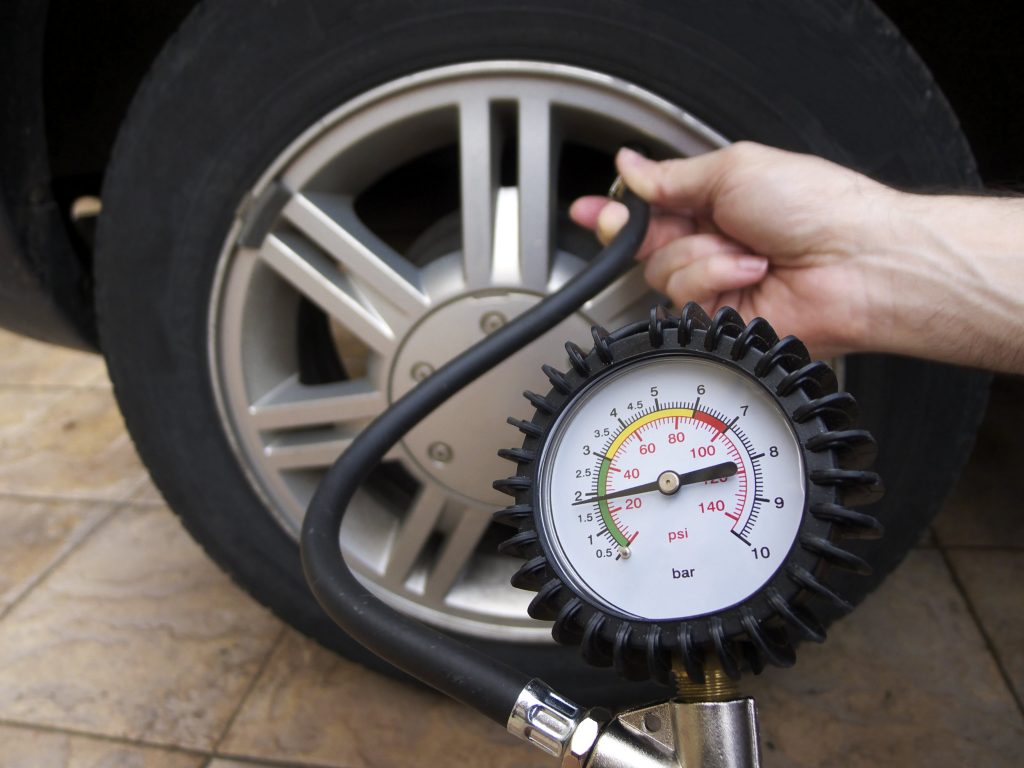
When your tires are deflated, more rubber hits the road. And when that happens the tires get hot. The heat plus lack of pressure puts you in serious danger of a tire blow out. You may be asking: isn’t higher pressure more dangerous? And that is a common misconception. So long as you keep your tires below the “maximum inflation pressure” in your manual, you are ok. That number is also indicated on all tire sidewalls.
How to Fill Your Tires
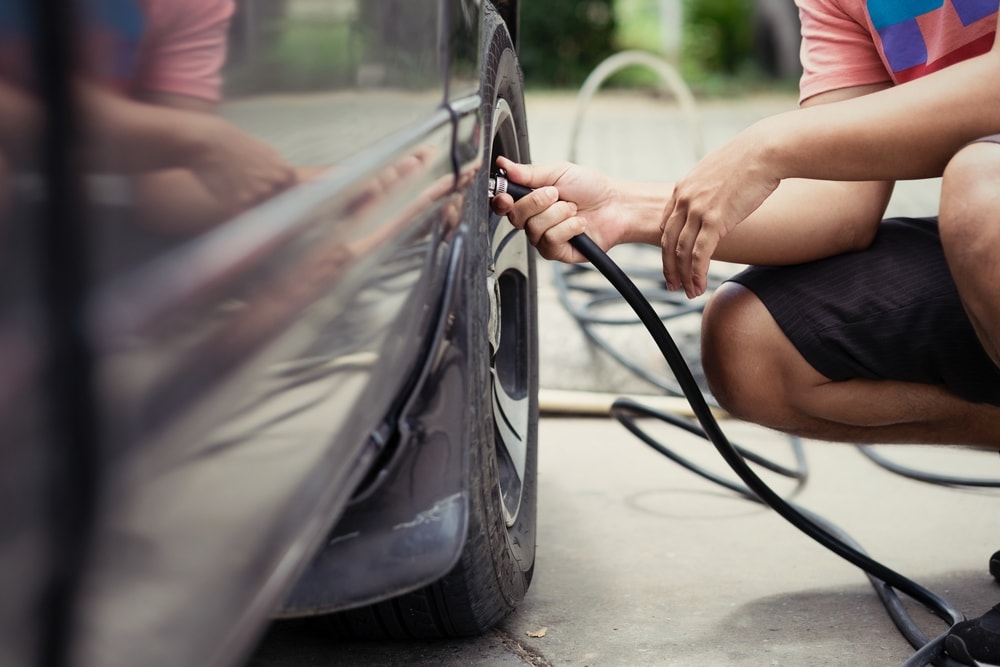
While your car is still cool and not running, that is when you fill your tires. Take note of the recommended tire pressure. As you pump, feel free to go 2-3 digits above before you stop inflating. A gauge can then tell you if you need to keep going or not. You will not be in any more danger of improper braking, wear, handling or tears.
Even if the temperature drops 30 degrees, you are no longer in any danger of setting off the low pressure warning. And even if the temperature goes up, you still won’t exceed the maximum. At worst you will have better fuel economy and a slightly firmer butt message as you drive!
